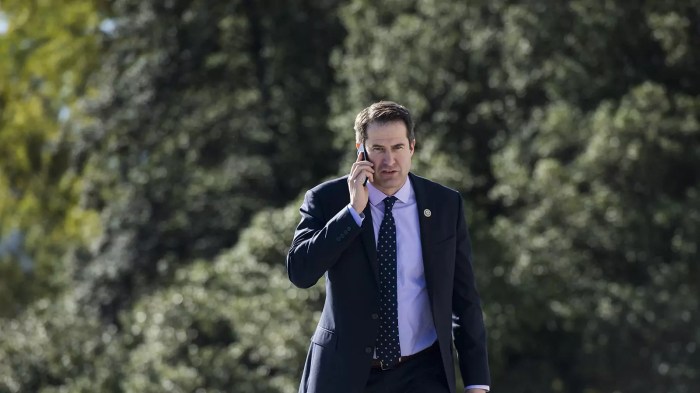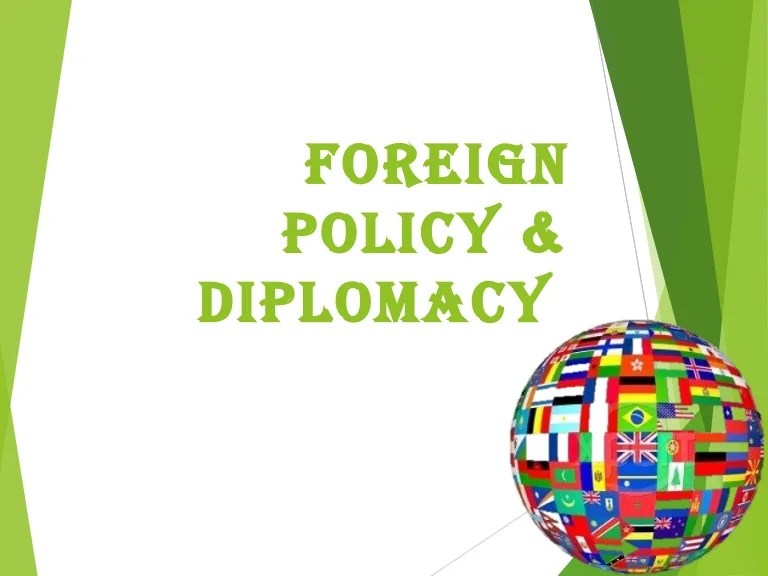In the realm of international relations, foreign policy and diplomacy icivics answers play a pivotal role in shaping the interactions between nations. This comprehensive guide delves into the intricate world of foreign policy, diplomacy, and their multifaceted implications.
From defining foreign policy and its various types to exploring the significance of diplomacy in conflict resolution, this guide provides a thorough understanding of the subject matter.
Foreign Policy Concepts

Foreign policy refers to the principles and strategies adopted by a nation to guide its interactions with other countries. It involves setting objectives, formulating strategies, and implementing actions to achieve national interests in the international arena.
Types of foreign policies include:
- Isolationism:Minimizing involvement in international affairs
- Appeasement:Making concessions to avoid conflict
- Balance of power:Maintaining equilibrium among competing nations
- Interventionism:Actively influencing events in other countries
Factors influencing foreign policy decisions include:
- National interests and values
- Geographic factors
- Economic and military capabilities
- International norms and institutions
Diplomacy in International Relations: Foreign Policy And Diplomacy Icivics Answers
Diplomacy is the art and practice of conducting negotiations and maintaining relationships between countries. It plays a vital role in resolving conflicts, promoting cooperation, and advancing national interests.
Diplomatic practices include:
- Negotiations
- Treaties and agreements
- Diplomatic immunity
- International organizations
Diplomacy is crucial in conflict resolution as it provides a peaceful means to address disputes, negotiate ceasefires, and facilitate peace agreements.
Foreign Policy and Diplomacy in Practice

Case studies of successful foreign policies include:
- The Marshall Plan (post-WWII economic recovery in Europe)
- The Camp David Accords (1978 peace treaty between Israel and Egypt)
Case studies of unsuccessful foreign policies include:
- The Vietnam War (1955-1975)
- The Iraq War (2003-2011)
Challenges and opportunities of diplomacy in the modern world include:
- Globalization and interdependence
- Technological advancements
- Climate change
- Terrorism and extremism
Technology has impacted foreign policy and diplomacy by:
- Enhancing communication and information sharing
- Facilitating international cooperation
- Introducing new challenges, such as cyber warfare
The Role of International Organizations
International organizations play a vital role in foreign policy and diplomacy by:
- Facilitating cooperation on global issues
- Providing a forum for dialogue and negotiation
- Promoting peace and security
Examples of international organizations include:
- United Nations (UN)
- World Bank
- International Monetary Fund (IMF)
- European Union (EU)
International organizations facilitate cooperation and collaboration by:
- Setting international standards
- Providing technical assistance
- Coordinating international efforts
Ethics and Foreign Policy

Ethical considerations in foreign policy decision-making include:
- Respect for human rights
- Adherence to international law
- Promoting peace and stability
The concept of national interest refers to the collective interests of a nation, which may include security, economic prosperity, and social well-being.
National interest influences foreign policy by:
- Guiding decision-making
- Justifying actions
- Balancing competing interests
Ethical dilemmas faced by policymakers include:
- Balancing national interests with global responsibilities
- Using military force for humanitarian purposes
- Negotiating with non-democratic regimes
Frequently Asked Questions
What is the primary goal of foreign policy?
The primary goal of foreign policy is to protect and advance the national interests of a country in the international arena.
How does diplomacy contribute to conflict resolution?
Diplomacy provides a platform for negotiation, dialogue, and compromise, enabling parties to resolve conflicts peacefully and find mutually acceptable solutions.
What are some of the ethical considerations in foreign policy decision-making?
Ethical considerations in foreign policy include the respect for human rights, the promotion of democracy, and the avoidance of unnecessary harm to civilians.